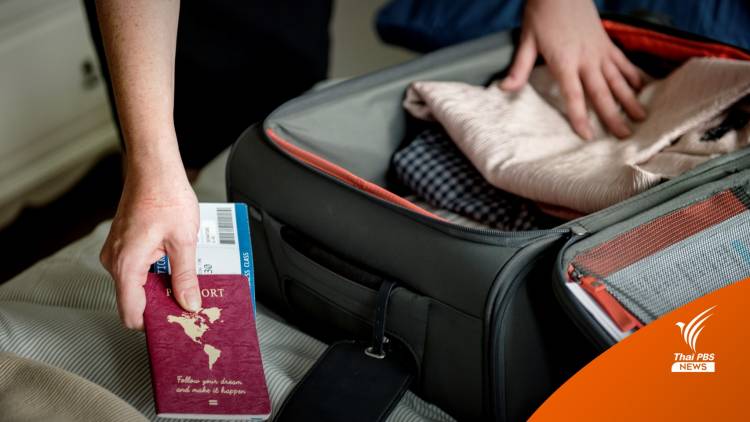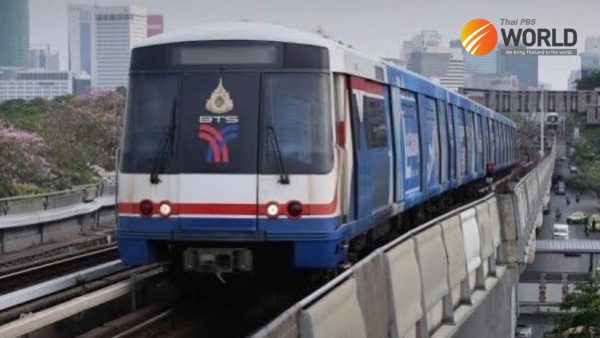Several incentives approved to attract long-staying foreign investors, wealthy foreigners

Today (Tuesday) Thailand’s cabinet approved, in principle, a measure to attract “high potential” foreigners, including wealthy retirees and specialists, to stay long term in the country in a bid to promote foreign investment and to improve the struggling economy.
Government spokesman Thanakorn Wangboonkongchana said that Thailand has set a target to attract as many as one million of these classes of foreigners in the next five years, with an expectation that their spending and investments during a five-year period will inject one trillion baht into the Thai economy, including about 800 billion baht in foreign investment and 270 billion baht in taxes.
He also said that the arrival of foreign experts, attracted by this measure, will help strengthen the private business sector, which the government aims to promote, including industry, services, infrastructure and logistics, in line with the 20-year national strategic plan.
The four groups the government would like to lure to Thailand include high-income earners, foreign retirees, experts in various fields and those who want to use Thailand as their base for work.
To attract these high potential individuals, a new long-term resident visa or smart visa will be issued, under which they will be granted some privileges, such as not being required to notify Thai authorities every 90 days.
Thanakorn said that laws and regulations regarding land ownership will also be amended to attract foreign investors, adding that other incentives include tax exemptions and allowing foreigners who want to use Thailand as their workplace to work for their employers abroad or here in Thailand.
The requirement that four Thai nationals will have to be employed for every foreigner hired will also be lifted, he added.
The Board of Investment, the Interior and Labour ministries, the Royal Thai Police, the Finance Ministry and National Economic and Social Development Council (NESDC) have been assigned by the cabinet to develop a detailed plan for the implementation of this ambitious scheme.
The NESDC has also been assigned to assess this scheme every five years, including all the incentives, and consider extending any of the incentives as it thinks fit.






